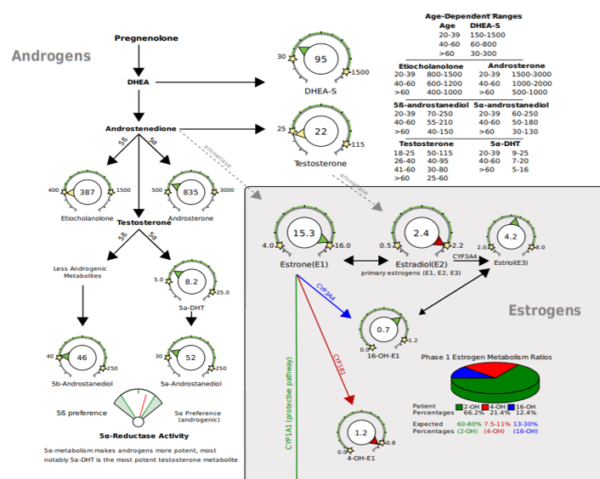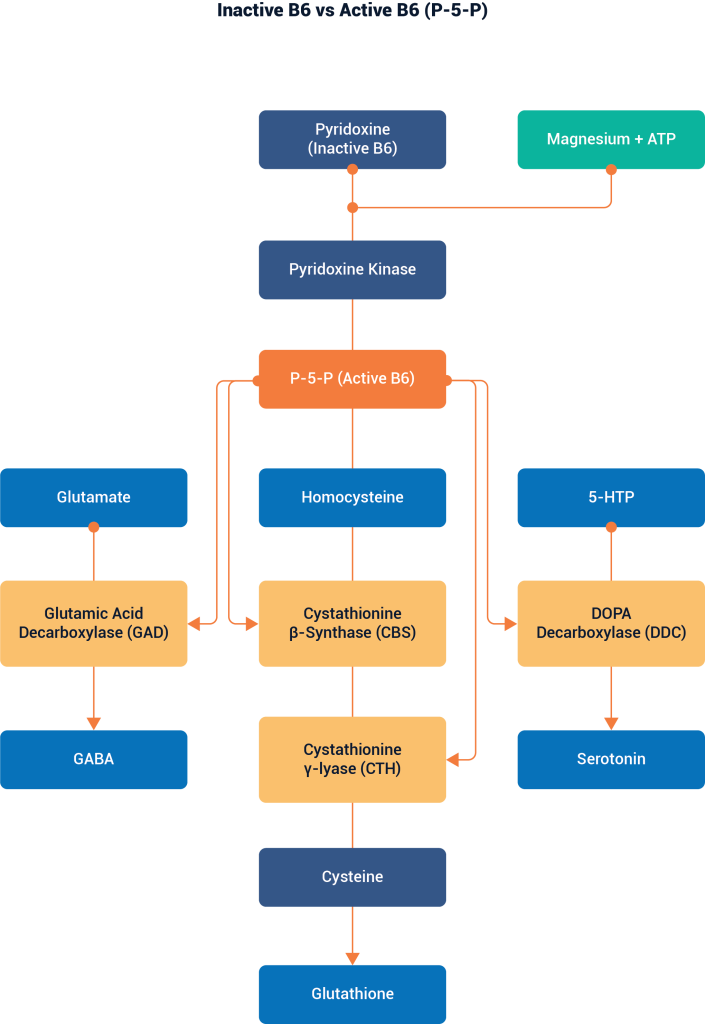Iodine deficiency is becoming an increasingly common cause of thyroid health problems in Australia.
Hypothyroidism Rates in Australia
Hypothyroidism is the most common thyroid disorder in Australia, and mainly affects women over 40. In fact, women are 10 times more likely to have a thyroid disorder than men. More than 50% of children and pregnant or breastfeeding women living in Australia have been shown to be iodine deficient, and are at risk of developing thyroid disease.
Thyroid dysfunction has been shown to increase the risk for a number of other conditions, including heart disease, osteoporosis, and infertility. Even a borderline-underactive thyroid can be associated with a number of certain health concerns.
Measuring Thyroid Function
According to the Journal of Endocrinology, standard assessments of thyroid function may miss detecting pathology in up to half the population. It is therefore important to assess each step in thyroid function, to know that the entire pathway is working effectively. A complete assessment of markers such as TSH, Total T4, Free T4, Total T3, Free T3, Reverse T3, TPO Abs., and TG Abs may be needed to understand what the current function of the thyroid is.
The Complete Thyroid Profile from Precision Point Diagnostics is a blood test that measures all the above-listed markers.
Essential Nutrients for the Thyroid
Iodine and Tyrosine are crucial to the formation of thyroid hormones as well as numerous other hormonal, neurological and physiological mechanisms. Thyroid hormones regulate the metabolism of dietary proteins, fats, and carbohydrates, and influence how humans use these compounds to produce energy and the many cellular processes that require it, proving essential to the proper development and differentiation of all cells in the body and affecting numerous systems and aspects of body function. Thus, a deficiency of either or both of these nutrients, can contribute to suboptimal levels of thyroid hormone, physiological health and wellbeing.
Iodine
Most adults require 150 mcg of Iodine which can be received from a range of foods including seaweed, dairy, iodised salt, eggs, prunes and more.
Tyrosine
Similarly up to 500mg of Tyrosine are required each day, with Tyrosine rich foods including fish, pork, lamb, beef, dairy products, eggs, beans and whole grain.
However, as mentioned above, low levels of iodine in the soils alongside changes in food processing can result in low levels of these nutrients in food. As such, testing and supplementation may be necessary for any individuals who believe they have thyroid related health issues. RN Labs Iodine and Tyrosine provides consolidated elemental and amino acid support for overall maintenance of healthy thyroid function. It has been designed to prevent common nutritional deficiencies of Iodine and Tyrosine, and is produced without flowing agents that can inhibit bioavailability.




